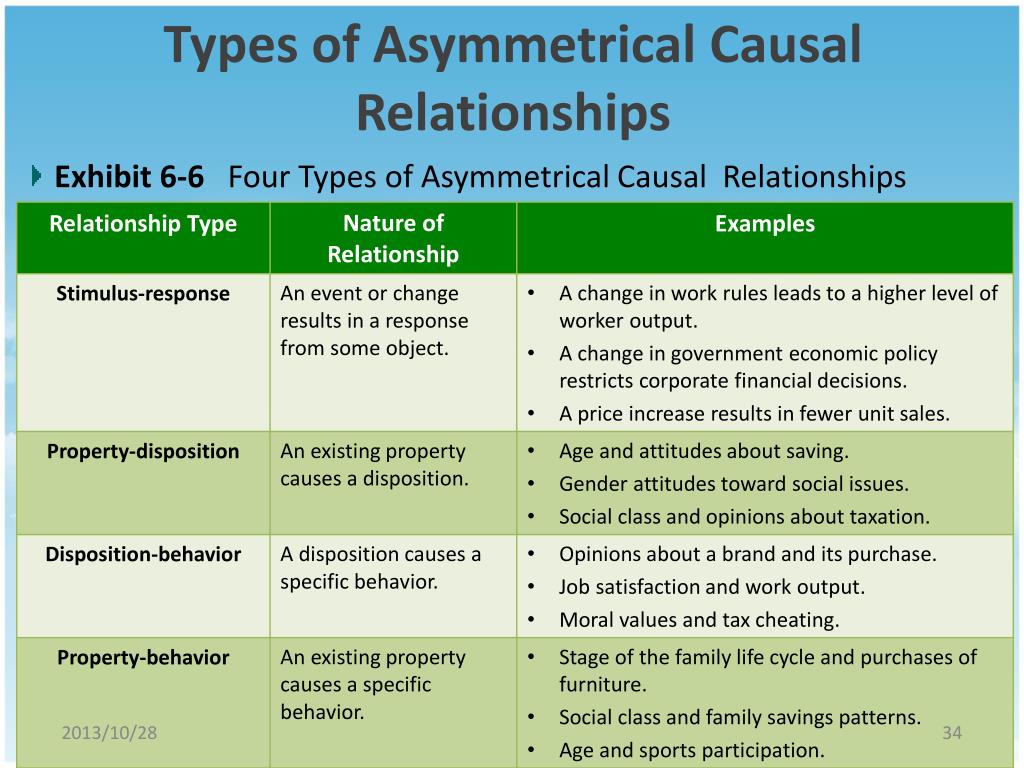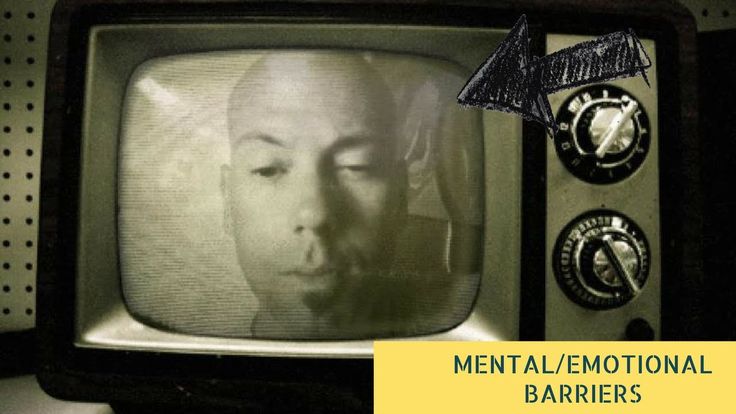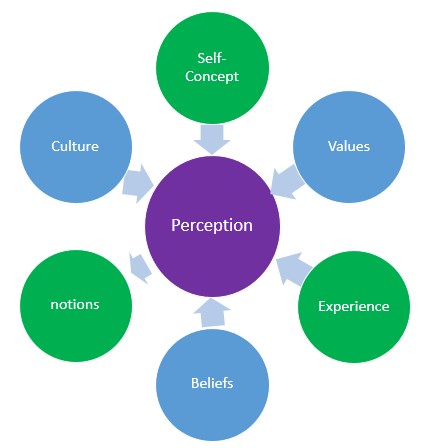How to help hoarder parent
How to Help a Hoarder Parent
When someone is a hoarder, they tend to find it difficult to part with items that they keep around them, and often have excessive amounts of objects and items that typically would not hold much value to others.
While the term has been used off-handedly, hoarding constitutes a real disorder and affects many people, especially after a stressful life event. It can have mild to severe impacts on daily life, such as making living conditions cramped and uncomfortable. Those who have hoarder parents also feel distress upon seeing the accumulation of items around the home, uncleanliness, as well as distress from not always being able to help their parent.
Many people who hoard do not always see it is a problem, which can make treatment difficult.
In this article we will go over some of the ways you can help a hoarder parent and put them down the right path for treatment.
Hoarder Parents and How to Help Them
Hoarding often constitutes behavior such as excessively acquiring items when there’s no space or real value to them, emotional distress upon parting with items they hoarded, and having a tendency toward indecisiveness, or avoidance. Such behavior can lead to unusable rooms, unsanitary living conditions, and conflict with those who try to help.
People typically hoard items if they feel it will come to use at some point later, or because they feel safe when surrounded by all the items, or if the items have emotional significance. Elderly people who live alone, or suffer from conditions like dementia or other mental impairments might display these behaviors.
As aforementioned, hoarding disorder is a real issue, which means seeking help from a medical professional can be helpful in treating the disorder. The hoarding can come from a place of distress or other negative emotions, making it important to address and treat.
If the hoarding increases to an extremely severe level, where you are concerned about the safety of a parent, you may need to contact local authorities like the fire department, police, elder protective services, public health, or animal welfare agencies.
There are still many ways you can help your parent with their hoarding issues by taking certain measures yourself.
- Have a civil conversation with them. If the hoarding has been going on for a long time, you might have a lot of anger directed at your parent for not listening to you, or because they refuse to get help. However, yelling or shouting at them may not be the most effective way to get them to listen to you. It is better to try to explain things more calmly. Also, consider their perspective and ask them how they feel.
- Explain the dangers of hoarding to them. Hoarding can affect the health of not only the hoarder but their loved ones too. Tell them about how their habits can pose a danger to health, mental and physical.
- Do not take away their possessions. It may be tempting to throw out the things that a parent hoards in an effort to help, but for most hoarders, throwing things out can cause emotional distress. This might not help, but instead, just cause them distress and make them more unwilling to change.
- Educate yourself.
 Find out what you can about hoarding disorders, or people with hoarding tendencies, and try to understand how it can come about. Once you have a better understanding of the anxiety and negative emotions your parent might be feeling, you will be more able to extend empathy and support.
Find out what you can about hoarding disorders, or people with hoarding tendencies, and try to understand how it can come about. Once you have a better understanding of the anxiety and negative emotions your parent might be feeling, you will be more able to extend empathy and support. - Help them find treatment. If your parent has started to be more willing to seek help, offer to help them find the right professional. It is important that you do not force them into this treatment; it should mostly come from a decision they make themselves.
- Don’t be an enabler. Try to avoid doing things that can indirectly enable the hoarding behavior of your parent. For example, don’t offer to store items for them when they don’t have space.
- Help them declutter. If they are less reluctant than before to get more organized, offer your help in decluttering a little at a time, at your parent’s pace. This shows your support and can make them feel heard and listened to.
 Sometimes if they are still very unwilling, you may need to adopt a harm reduction approach, which essentially means you encourage them to get rid of certain items because they are dangerous rather than just saying it’s messy. This may not make them declutter everything, but might be enough to make them get rid of things that are dangerous.
Sometimes if they are still very unwilling, you may need to adopt a harm reduction approach, which essentially means you encourage them to get rid of certain items because they are dangerous rather than just saying it’s messy. This may not make them declutter everything, but might be enough to make them get rid of things that are dangerous.
How to Deal With A Hoarder Mother/ How to Deal with a Hoarder Father
If you have a hoarder parent, chances are you have faced many of your own difficulties. It is not always easy to cope with a hoarder parent, even when you are an adult. If you grew up with excessive, or even dangerous clutter around your house, there are many reasons you might have a troubled relationship with your mother or father. Here are some issues you may have if you have a hoarder parent, and ways you can deal with them.
- You might find yourself having a strained relationship with your parent, especially if the hoarding issues have been persistent for a long period of time.
 If it is something you also experienced in your childhood, this might be even more true.
If it is something you also experienced in your childhood, this might be even more true. - You may experience caregiver burnout if you are in a caregiver role and have to provide emotional care to a parent. You may experience anxiety, depression and find it hard to cope.
- You might find yourself concerned for the health and safety of the hoarder as well as yourself. A lot of dust can accumulate when there are excessive items around the house, and your parent might also be hoarding things that are unsanitary when kept for extended periods of time. Hoarding can also increase the risk of falling, especially with very elderly parents, which can cause significant anxiety to the hoarder’s loved ones.
- Concerns about loss of living space and increased debt can arise. If you live with a hoarder parent, they may start to claim places as their own and make many spaces unusable to you within your own home. Additionally, they may spend a lot of money on purchasing more and more items to clutter the home, which can cause financial strain that impacts you too.
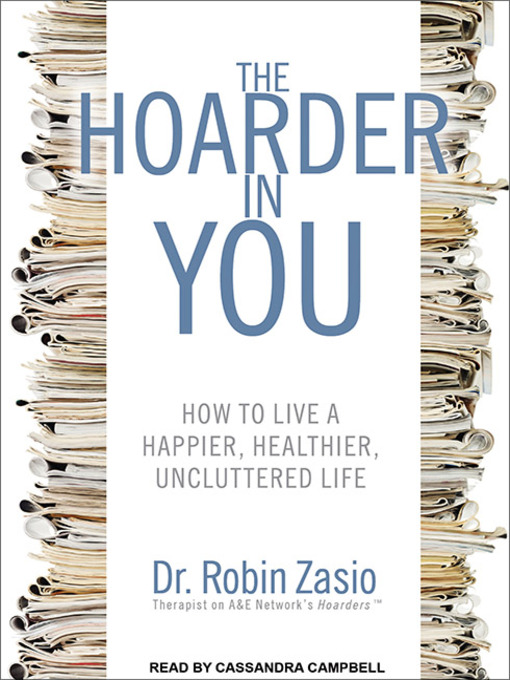
If you face some of these problems, or other problems along the same vein, the following coping tips might be of help to you.
- Seek emotional support to help you cope with your own negative feelings. You can find help through a therapist, a support group, a counselor, etc. Validating your own feelings is important, as your parent’s behavior might have significantly impacted you too.
- Be aware that while your parent is the one with the disorder, it does not automatically mean you need to suffer the consequences. Being there for them is a great way to help, but it is also important to take care of yourself.
- Try not to force change, and instead extend help in the form of active listening.
- Seek out healthy ways of bonding with your hoarder parent, and try to avoid aggressive interactions. Being assertive and clear about your stance and your feelings is better than being very passive or very aggressive.
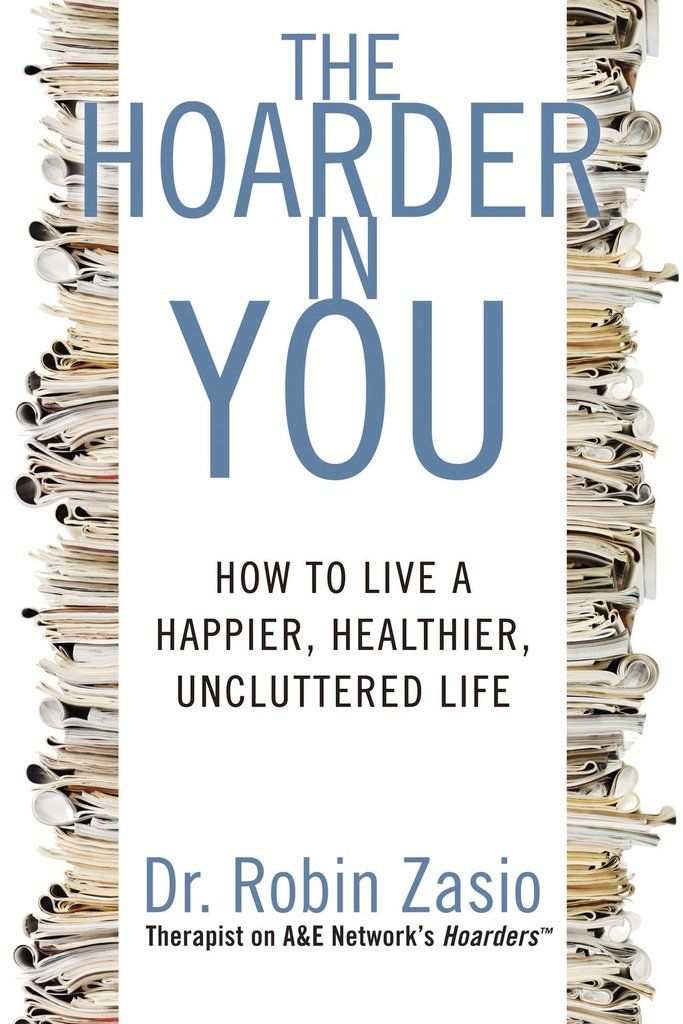
- Improve family communication. As hoarding can lead to family dysfunction, there may be a great distance between your parents and the rest of their family. This may not be something that can be mended easily but taking steps to communicate more effectively with your parent can be beneficial to you as well as them.
Conclusion
Having a hoarder parent is never easy. They have many of their own issues to deal with, and many of them can transfer that burden to their children and loved ones. While everyone involved faces the impact of hoarding, it is also important that the hoarder gets the support and help that they need to overcome their hoarding problems. It is critical that they feel heard and supported, instead of isolated and excluded.
Helping your hoarder parent while also taking care of your own health can be a difficult balance to find, but taking little steps every day to help your parent and healthily manage your feelings can lead to better family dynamics, health, and quality of life.
Sources:
- How HD Affects Families, International OCD Foundation, hoarding.iocdf.org
- How To Help Someone Who Hoards, www.goodtherapy.org
- Hoarding Disorder, Mayo Clinic, www.mayoclinic.org
By clicking "Get Help Finding a Home" you agree to our Partner's Terms of Use. You also consent that we, or our partner's customer communities, can reach out to you using a system that can auto-dial; however, you do not need to consent to this to use our service. Our partner's Privacy Policy describes their information collection and use.
Related Articles
5 Must-Knows About Eating Habits in Late-Stage Dementia
Over time, you may notice changes in your loved one’s eating habits in late stage dementia. While loss of appetite is a normal phenomenon, it’s important to understand how to make mealtime comfortable, nourishing and safe for your loved one. Let’s go through some key must-knows about late stage dementia loss of appetite and other …
5 Must-Knows About Eating Habits in Late-Stage Dementia Read More »
Hip Arthritis: What It Is and Which Exercises Can Help
Arthritis is a common condition that affects various parts of people’s bodies.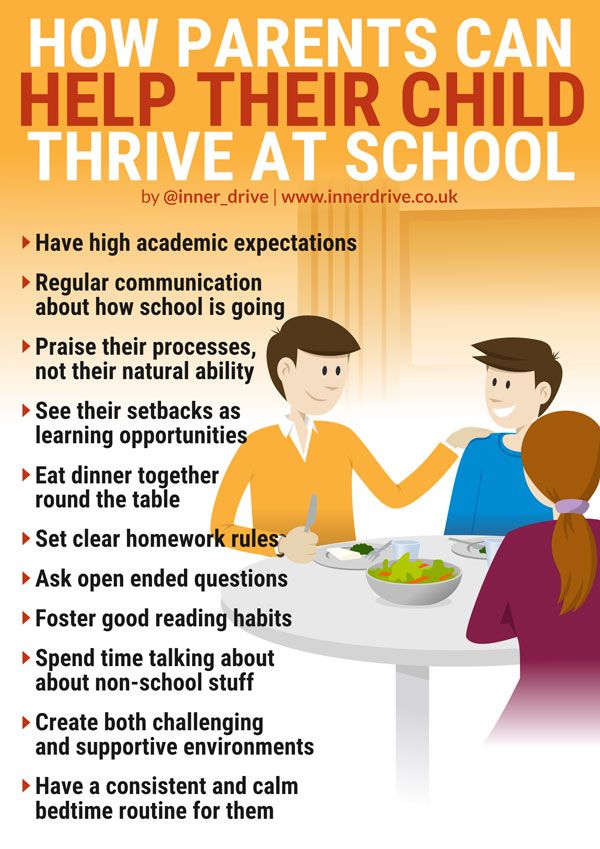 A specific form of this condition, hip osteoarthritis, affects about 1 out of 4 people throughout their lives, although there are several other forms that can occur. If you’re a senior living with hip arthritis (or if you’re caring for one), it’s especially …
A specific form of this condition, hip osteoarthritis, affects about 1 out of 4 people throughout their lives, although there are several other forms that can occur. If you’re a senior living with hip arthritis (or if you’re caring for one), it’s especially …
Hip Arthritis: What It Is and Which Exercises Can Help Read More »
How Long Does the Average Hospice Patient Live?
What Hospice Means Hospice is a medical program that supports people who are in the end-of-life stage. When a person enrolls in hospice, it means they are no longer pursuing treatment to extend their life expectancy. Instead, the focus of hospice care is to provide a comprehensive support system that makes a person’s final days …
How Long Does the Average Hospice Patient Live? Read More »
Four Levels of Hospice
What is Hospice Care? Many diseases and conditions are treatable or even curable, but what happens when someone reaches the stage where they aren’t getting better? Sometimes, people do not respond to medication, or they simply do not wish to continue treatment after dealing with a terminal illness for some time. In this case, when …
In this case, when …
Four Levels of Hospice Read More »
Early Signs of Dementia Checklist
No one wants to believe they or their loved one could be suffering from dementia, but with about 5.8 million people (5.6 million over the age of 65) diagnosed with some form of dementia in the U.S., it’s a condition we have to admit can impact us or those close to us. A dementia diagnosis …
Early Signs of Dementia Checklist Read More »
Hospice Criteria and Eligibility
Hospice isn’t a topic that’s enjoyable to discuss, but it is important, especially if your loved one is a senior citizen who’s dealing with a terminal illness and is expected to need hospice services in the near future. As a caregiver, you must familiarize yourself with the hospice criteria and eligibility requirements so that you …
Hospice Criteria and Eligibility Read More »
Categories
By clicking "Get Help Finding a Home" you agree to our Partner's Terms of Use. You also consent that we, or our partner's customer communities, can reach out to you using a system that can auto-dial; however, you do not need to consent to this to use our service.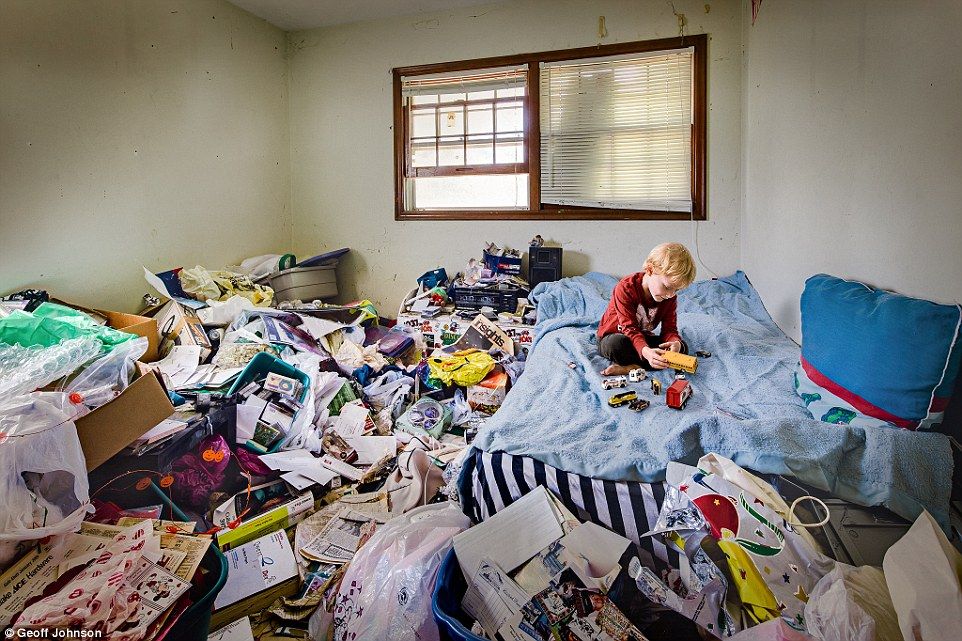 Our partner's Privacy Policy describes their information collection and use.
Our partner's Privacy Policy describes their information collection and use.
Hoarding Parents? What To Do?
Get a Quote
Are Your Parents Hoarding?
Children generally look up to their parents and may even hold them on a pedestal. Young kids often state they want to grow up to be “just like Mommy or Daddy,” but what happens when mom and dad have unhealthy, “embarrassing” habits? What do you do if your parents are hoarding?
The Impact on ChildrenHoarding habits can impact anyone from the individual who is hoarding to family members. If the individual with hoarding behavior has children, their children will feel the impact of the parent’s habits and household conditions.
Children may be residing under their parents’ roof and trying to cope with hoarding conditions. Living with an individual who is hoarding can be difficult. Many children may be embarrassed by their parents living conditions and ashamed to reveal their hoarding habits.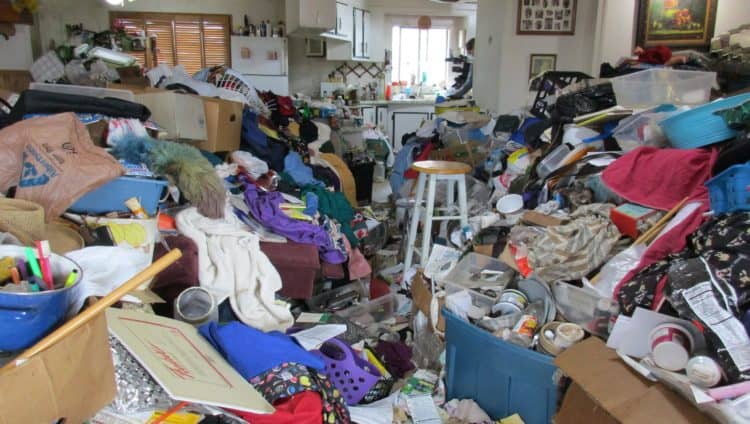 The children of individuals who are hoarding may be unable to socially thrive because they may be trying to maintain such a big secret from others. Friends would be unable to visit and close relationships would be difficult to develop and maintain due to the inability to reveal major aspects of their life. They may also fear knowledge of their living situation getting out because social services may become involved or the family could lose their home due to poor conditions and code violations. In addition to being fearful about safety and ashamed of family and living conditions, the fear of becoming just like their parents may add to family tensions as well as the possible belief that the parents “care more about their stuff than their children.”
The children of individuals who are hoarding may be unable to socially thrive because they may be trying to maintain such a big secret from others. Friends would be unable to visit and close relationships would be difficult to develop and maintain due to the inability to reveal major aspects of their life. They may also fear knowledge of their living situation getting out because social services may become involved or the family could lose their home due to poor conditions and code violations. In addition to being fearful about safety and ashamed of family and living conditions, the fear of becoming just like their parents may add to family tensions as well as the possible belief that the parents “care more about their stuff than their children.”
Even adult children who have moved out, may not be able to move on, and can still feel the impact of hoarding. Children of individuals who are hoarding may develop similar habits or try to completely contradict their upbringing by living a minimalistic, immaculate life.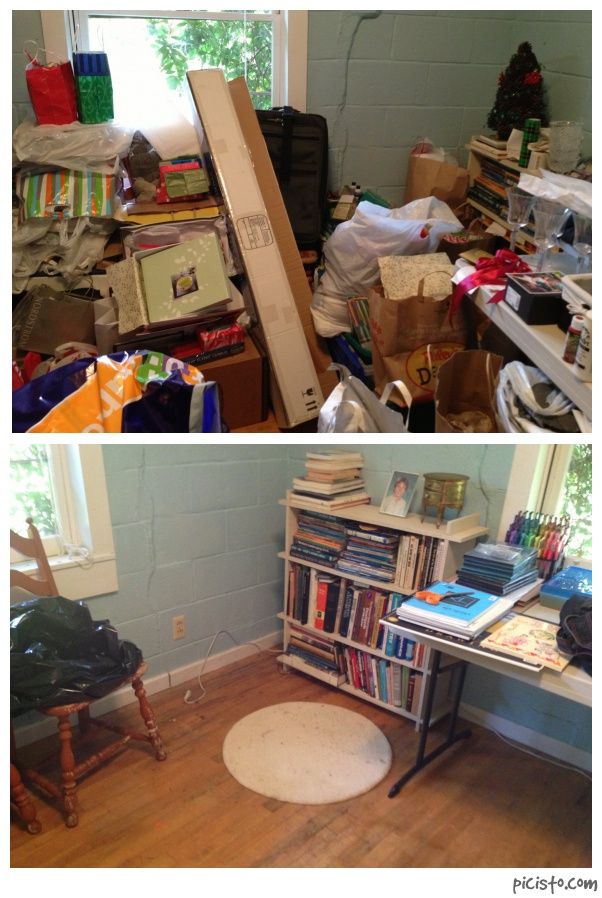 The child of an individual who is hoarding may resent the person, and blame them for ruining the relationship. It may be difficult to maintain a parent/child relationship, as visiting may be impossible or fights may arise about living conditions.
The child of an individual who is hoarding may resent the person, and blame them for ruining the relationship. It may be difficult to maintain a parent/child relationship, as visiting may be impossible or fights may arise about living conditions.
Though the situation may seem bleak and impossible to overcome, there are ways to improve the conditions and help parents conquer hoarding habits. Here are some strategies to help you approach your parents about their hoarding habits:
- It is important to talk with your parent(s). Screaming and complaining are not effective; instead have a calm, civil conversation with them.
- Express how you feel in an honest but polite manner. Your parents may not realize how much of an impact their hoarding habits have on you, and in some cases, revealing your side may enlighten them to the reality of the situation.
- Explain to them the dangers involved in hoarding in order to reveal how serious the situation is.
 If you are still residing in the home, bring to light how dangerous their hoarding habits can be not only to their health but yours as well, physical and psychological.
If you are still residing in the home, bring to light how dangerous their hoarding habits can be not only to their health but yours as well, physical and psychological. - Consider your parents’ perspective. Listening to their side of the story can help you understand why they are hoarding, which can help with a more effective treatment.
- Do not attempt to touch any of your parents’ belongings without permission as it may make them more defensive and unwilling to change.
- Seek the help of others. Other family members, close friends, a mental health professional, support groups, and/or a professional hoarding cleanup service (if consent is given) may be able to help improve hoarding conditions.
Being the child of an individual who is hoarding can be difficult. Whether residing in the hoarding conditions developed by your parents or having escaped the clutter with family tension, it is possible to help your parents. Remember, hoarding is a mental condition so abandoning your parents or throwing out all of their “stuff” won’t resolve the matter, but may in fact make it work. Begin by doing your homework on hoarding behavior to have a better understanding, and utilize the strategies above to approach your hoarding parent(s). The Hoarding Help Guide has additional effective strategies for addressing a hoarding situation. If your parents agree to seek help to overcome their hoarding situation, consider Address Our Mess’ hoarding cleanup services for a compassionate, professional solution.
Begin by doing your homework on hoarding behavior to have a better understanding, and utilize the strategies above to approach your hoarding parent(s). The Hoarding Help Guide has additional effective strategies for addressing a hoarding situation. If your parents agree to seek help to overcome their hoarding situation, consider Address Our Mess’ hoarding cleanup services for a compassionate, professional solution.
Mon, 06/27/2016 - 12:27 by Kenneth Donnelly
Shares
Instructions for parents on distance learning for children
- Distance learning with Skysmart
At school, children have an understandable system with a schedule, calls and changes. And how to provide a child with a productive educational process in distance learning is still unclear. In this article, we look at how a parent can help a child organize a workplace, what the daily routine should be like now, and what teachers can do for anxious moms and dads.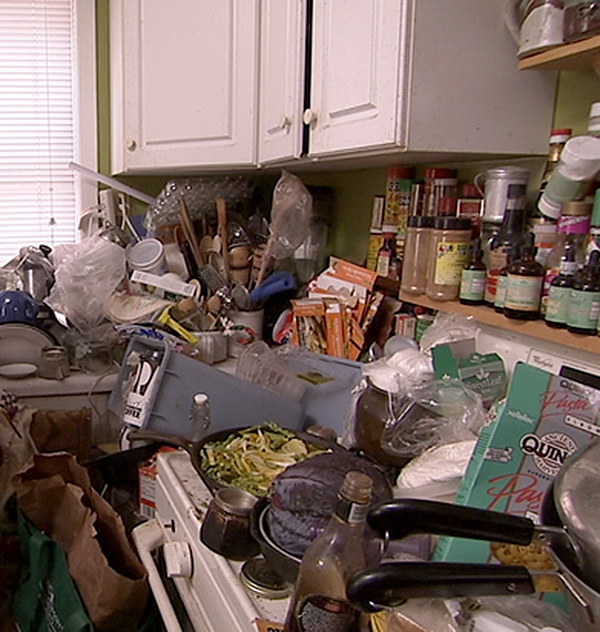
Olga
Lysenko
revision
Skysmart
At first, the transition to distance learning requires some parental involvement. It is important to explain to the children that this is temporary: soon learning will get on track, and the process will go smoothly. Invite the parents of your students to use the memo on organizing distance learning.
Step 1. Prepare the workplace
In distance learning, the student works even more, because the proportion of independent work increases. Therefore, it is very important that he has a place where he can calmly practice 6-7 hours a day. Parents will need to conduct explanatory work with younger children and warn them that they should not make noise and distract the student while he is studying. Checklist to check:
- Home and mobile internet paid for and working.
- The camera and microphone on the computer are OK.

- The child has headphones and they work.
- All necessary programs are installed on the computer and the child understands how to use them.
Transfer students to Skysmart Classroom
More details
Step 2. Plan the day and calibrate the mode
It is possible that in the first weeks the child finds it difficult to adjust to the new reality: he seems to be at home, but he still needs to study. Moreover, we are talking about independent work, because now, instead of the usual lessons, he has videos on YouTube, texts in textbooks and interactive classes. Therefore, parents will have to make sure that the educational routine is not violated.
To organize time effectively, parents can ask the class teacher for a weekly schedule. Most likely, most of the lessons will not be in the form of webinars with a fixed time, but in the form of video lectures that can be viewed at any time. Therefore, parents need to make their own schedule of classes, not forgetting about 15-minute breaks between lessons.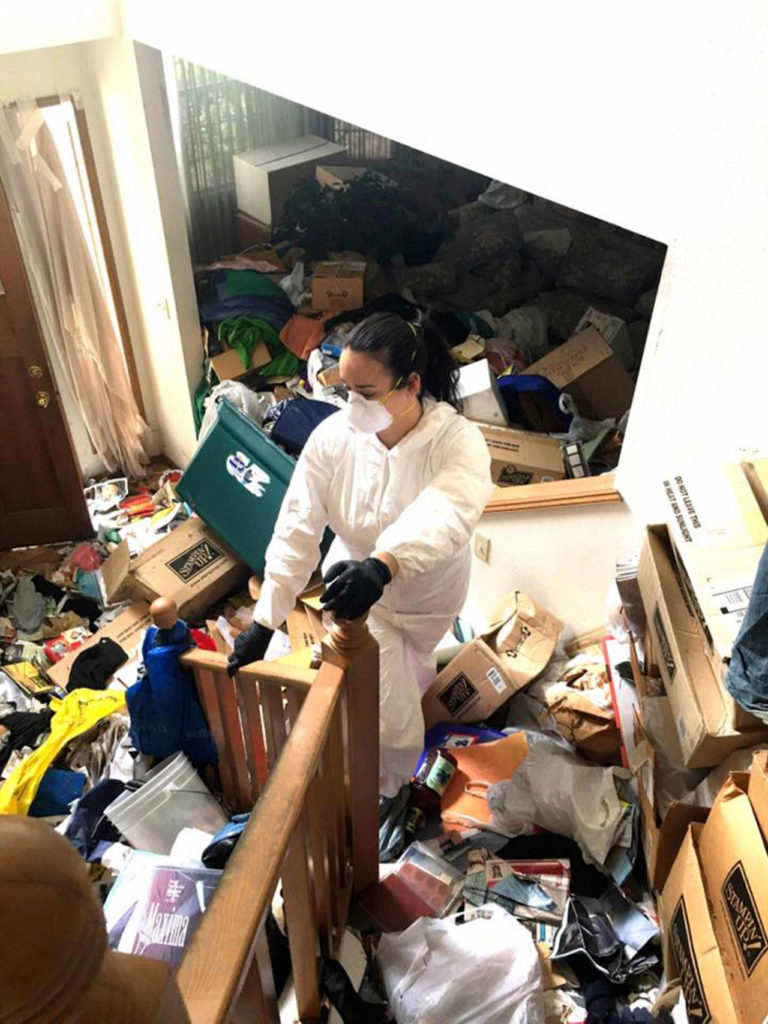 It is very important that the child gets up during these breaks and moves at least a little, drinks water, does gymnastics for the eyes, switches from studying to something else.
It is very important that the child gets up during these breaks and moves at least a little, drinks water, does gymnastics for the eyes, switches from studying to something else.
But it is desirable that the breaks do not “break up” the lesson in one subject, but distinguish between different ones: study mathematics, rest, switch to English. Three hours after the start of classes, it is worth taking a long break - 30-40 minutes. The remote learning reminder for kids will help them keep a schedule — parents can even draw a schedule for each day and include not only lessons and breaks, but also fruit snacks, hand washing and warm-ups.
Very strict observance of the daily routine is now more important than ever: it will help reduce anxiety and adapt to distance learning. Hyperactive children, with the right mode, concentrate better, and slow ones get to work faster. But it is difficult for a child to follow the routine on his own, so parental guidance is needed here. A child who is taught remotely must still understand that no one will allow him to mess around.
Help your child create an effective schedule and gradually reduce control
Step 3: Get familiar with the platform
Each school decides which form of distance learning is best for their students. There is no single solution here: children can be educated using a variety of digital tools. It is desirable that parents know what the educational platform looks like, which teachers use to organize online lessons and send assignments, which electronic textbook or workbook is needed for each subject, what video communication services teachers use when conducting lessons.
There is nothing particularly complicated about these platforms and educational systems, anyone can understand them. The child will probably have questions, and if the parents get acquainted with the materials in advance, they will be able to help the child without distracting the teacher from his main duties.
It's a good idea to put all the learning resources in one table. It is better to spend a couple of hours on it than to answer the same questions of parents in instant messengers every day. Instructions for children in distance learning should include all online work algorithms and be understandable.
It is better to spend a couple of hours on it than to answer the same questions of parents in instant messengers every day. Instructions for children in distance learning should include all online work algorithms and be understandable.
Step 4. Keep in touch with the teacher
Distance education is a new technology, and it is quite natural that parents or children will not understand something. Reassure your parents by telling them that it's perfectly okay to ask the teacher questions. Moreover, it is better than trying to guess how the preparation for the test, tests, lessons and homework are now going. If you already have a distance learning memo for parents, just send it to your parents. If not, compose it yourself based on this article.
Provide students with everything they need to feel comfortable
Step 5. Don't forget about motivation
Even the most experienced teacher does not always have the opportunity to praise a student, however, there is never too much motivation. “Praise children, inspire them” - this recommendation, which is often repeated by any child psychologist, is very relevant now. Advise moms and dads to monitor the progress of the child and focus on what he has already achieved, and not on what he does not succeed. For example, "You have already solved three problems, well done, there are only five left!" will inspire the child more than “So long fiddling and solving only three examples?!”.
“Praise children, inspire them” - this recommendation, which is often repeated by any child psychologist, is very relevant now. Advise moms and dads to monitor the progress of the child and focus on what he has already achieved, and not on what he does not succeed. For example, "You have already solved three problems, well done, there are only five left!" will inspire the child more than “So long fiddling and solving only three examples?!”.
You can arrange a visual demonstration of success. For example, to hang colored sheets with good marks on a corkboard. Or, at the beginning of the week, pin cards with tasks on it, and remove them as you complete them.
Rewards work well too. For example, pizza with delivery or an extra hour of cartoons for 10 completed lessons completed on time.
Step 6. Make sure the child does not suffer from loneliness
In distance learning, it is important for the child to communicate as much as possible with both teachers and children from the class - this will help avoid the feeling that the student is in complete isolation. Classmates can help to deal with some technical issues and homework, and the teacher can explain a complex topic individually. Contact with friends is also essential.
Classmates can help to deal with some technical issues and homework, and the teacher can explain a complex topic individually. Contact with friends is also essential.
Children experience social isolation worse than many adults, because for them friends are a very important part of their world. It is unacceptable to deprive a child of communication with friends, even as a punishment for a bad grade. At the same time, parents should make sure that calls and correspondence in messengers do not interfere with their studies - you can chat with friends only after all the tasks have been completed.
Sharing the experience of distance learning at webinars
List of webinars
Step 7. Remember about hygiene and physical activity
Even those of us who were once only a stretch to be considered athletes are now definitely lacking in physical activity. And movement is extremely important: even minimal physical activity improves blood circulation, helps maintain good posture and increase concentration.
Every day should start with some light stretching or exercise, and some movement during the day. On YouTube and Instagram you can find hundreds of thousands of workouts from fitness stars and gymnastics for children of all ages. Fresh air is necessary for the brain to work, so you need to ventilate the room where the student sits at least twice a day.
To prevent dehydration, parents should place a large glass of water next to the computer (it should be empty by the end of the day!). And it is important to ensure that the child does not go to the "class" in pajamas: the clothes should be comfortable, but not homely. A serious business attitude is needed at school, and pajamas do not contribute to this in any way.
Send this guide to parents so they know how to support their child at home
In recent weeks, life has changed very significantly: we can hardly leave the house and communicate with friends in the usual way. Some have to work from home, others have to study remotely.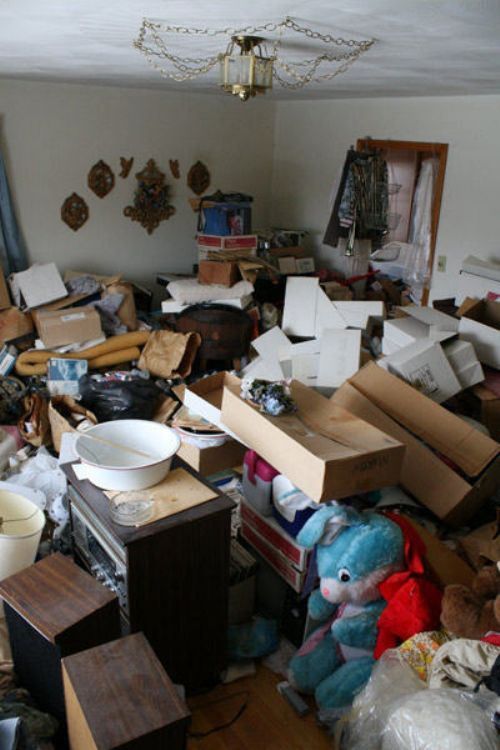 And anxiety literally hangs in the air, even if you don't read the news. In such an environment, it is especially difficult for children and adolescents: they need to adapt to distance learning and at the same time maintain academic performance at the same level. Our information for parents about distance learning will help you transition safely to the new system and end the year without problems. And teachers now know what to say to moms and dads who want to make homeschooling as comfortable and effective as possible.
And anxiety literally hangs in the air, even if you don't read the news. In such an environment, it is especially difficult for children and adolescents: they need to adapt to distance learning and at the same time maintain academic performance at the same level. Our information for parents about distance learning will help you transition safely to the new system and end the year without problems. And teachers now know what to say to moms and dads who want to make homeschooling as comfortable and effective as possible.
Child psychologist "SM-Doctor" gave advice on how to help a child find friends
We figure out how parents can help a child experiencing communication difficulties and not injure him even more.
We deal with Victoria Bogdanova, a child psychologist, an employee of the SM-Doctor clinic for children and adolescents in Maryina Roscha.
Why can't a child find friends?
In most cases, the problem lies in his parents. Among the common reasons are hyperprotection, limited communication with peers, lack of conditions for the child's self-affirmation, or a negative attitude of parents towards his independent actions. All this can lead to the psychological unpreparedness of the child to communicate with other children.
In addition to parental upbringing, communication problems can also be related to the child's personality, for example, if he is too withdrawn or shy.
The third source of problems with socialization can be the children's community itself, which is often quite cruel. Modern children usually spend their time playing alone, often at the computer. This leads to the fact that boys and girls do not know the usual ways for us to get to know each other. In addition, their ability to empathize is not so strongly developed, it is difficult for them to support each other and talk about important topics.
Adults should start working on developing a friendly attitude towards relatives and peers in a child from about 2-3 years old. It is possible to induce emotional responsiveness in children through reading fairy tales: the child must understand that the characters experience certain feelings that need to be treated with care. Some parents, fearing for their child, impose on him a negative and wary attitude towards other people, and this forms difficulties with communication. To avoid such consequences, it is necessary to educate the child in openness to people, and not alertness and negativity.
Signs indicating that the child has problems with socialization
Naturally, each person is formed in his own way, has individual characteristics, and this is connected not only with the nervous system and temperament, but also with the conditions of development. Starting from the age of 4-5, the level of significance of contacts with peers for a child only increases.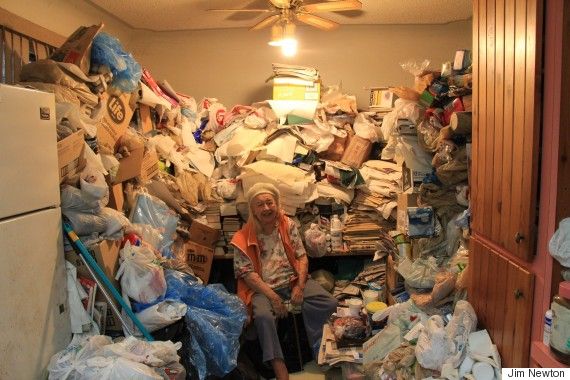 Therefore, if your child:
Therefore, if your child:
- is aggressive towards his peers,
- complains about the lack of friends or the unwillingness of peers to communicate with him,
- goes to kindergarten or school reluctantly,
- does not call up with anyone, does not invite to visit (or if no one calls and invites him),
- is often alone,
- spends all his time playing computer games/reading/TV,
you should pay attention to a possible problem and start taking certain actions to solve it.
Consider the problem on the example of a language understandable to everyone - the language of animation. On September 14, the Disney Channel begins showing the animated series Owl House, which is dedicated to this topic. The main character of the series, Luz, is so passionate about fantasy books that her peers consider her strange and do not want to be friends with her.
If in reality the parents are faced with a similar situation shown in the animated series, is it worth encouraging the interests of the child and his ways of expressing himself when his peers shun him? How can this situation be corrected?
It is worth noting that the girl was immersed in fantasy books not by chance: there was something wrong in her relationship with her mother from the very beginning. Escape to the magical world allowed Luz to find what she lacked in real life: the ability to have her own opinion, to defend her will and interests. She managed to realize herself in a world inhabited by rebels and freedom-loving characters.
Luz's infatuation began to spread in a form that frightened peers and adults, her eccentric behavior at school harmed those around her. Definitely, parents should support their children's hobbies, however, they need to tell them about the existence of personal boundaries of other people and that an unusual form of self-expression can be repulsive. To close the need, you need to find, together with the child, the place where it is acceptable, and it’s definitely not worth extending your eccentricities to all people.
To close the need, you need to find, together with the child, the place where it is acceptable, and it’s definitely not worth extending your eccentricities to all people.
It is important for parents to build close trusting relationships with the child, to encourage his interests, because in this way the child's feelings and experiences are sublimated. And the situation can be corrected, for example, through art therapy or joint work of the parent, child and psychologist. The first task is to understand which needs are not satisfied.
Often, parents send their child to a kindergarten or send him to a summer camp so that he is socialized there. But what if he doesn't feel comfortable there?
In such cases, parents are most often convinced that they know how and what will be best and right for their child. In most of these situations, they do not focus on the real desires and needs of children, but project their own onto them.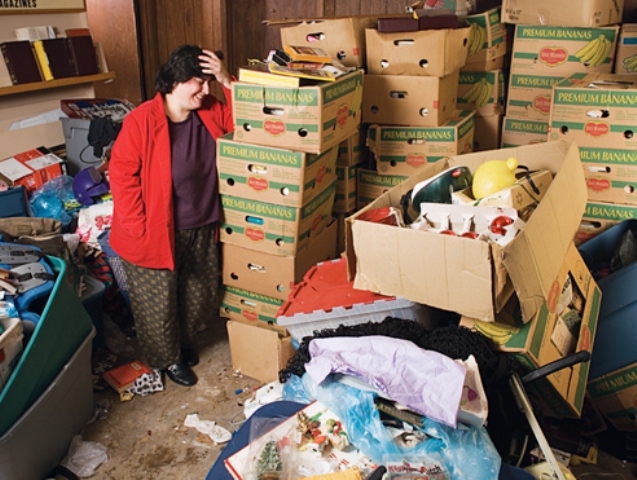 Please ask your child about where he wants to go or go, how he feels being away from home, what difficulties he faces. It is very important not to leave him alone with his experiences and not downplay his problems. Help your child find the answer to a difficult question, cope with a difficult situation. In the animated series Owl House, a mother wants to commit an act against her daughter's will, and this only provokes her escape into a fantasy world. It is difficult for a girl to find friendly relationships, and her mother does not listen to the needs of her child, which only aggravates the situation. In her place, it would be worth acting quite the opposite: to establish contact with her daughter and find out about her desires.
Please ask your child about where he wants to go or go, how he feels being away from home, what difficulties he faces. It is very important not to leave him alone with his experiences and not downplay his problems. Help your child find the answer to a difficult question, cope with a difficult situation. In the animated series Owl House, a mother wants to commit an act against her daughter's will, and this only provokes her escape into a fantasy world. It is difficult for a girl to find friendly relationships, and her mother does not listen to the needs of her child, which only aggravates the situation. In her place, it would be worth acting quite the opposite: to establish contact with her daughter and find out about her desires.
No less important is to help the child not withdraw into himself. So, in order not to allow the child to go into compensatory fantasies, parents should first of all develop in him the skill of accepting reality with its difficulties. Helping a child cope with failures is possible only through emotional support: asking about his condition, sharing experiences, talking about his experiences from childhood. In this way, the parent will be able to help the child not be disappointed and not withdraw into himself, even when it seems that those around him do not accept him.
In this way, the parent will be able to help the child not be disappointed and not withdraw into himself, even when it seems that those around him do not accept him.
What parents should remember
First, talk to your child. The words “I see that you are sad / angry / worried. I would like your relationship with the guys to develop differently” are really important, since a child at any age should feel that the parent loves him, is always ready to listen and is aware of his difficulties. This approach helps build trust.
Secondly, it is important for the parent himself to stop overprotecting the child, unquestioningly fulfill his every desire and indulge his every demand. This is necessary so that he learns to independently solve emerging issues and cope with his own egoism. For example, children often demand to play by their rules, and if they lose, they are offended and upset. But life in society does not work like that - a child must be able to play together with other children: sometimes under someone else's guidance, sometimes according to different rules.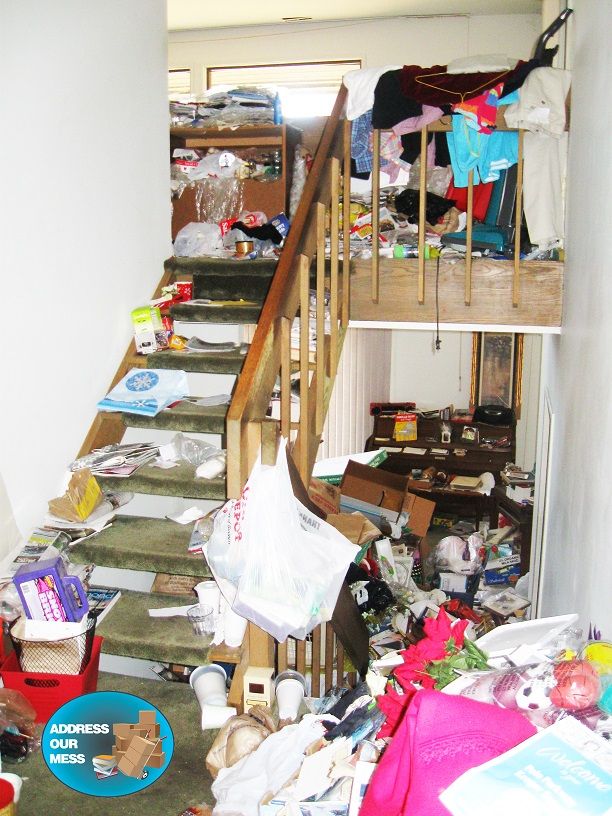
Everyone knows that children copy the behavioral model of their parents, which means that you can correct their behavior through your own example. You can convey an important experience without notations and moralizing by telling the child the story of meeting his childhood friends, about how friendship flowed, about quarrels and reconciliations.
Initiate visits and contacts with other children. If possible, change the child's living conditions and social circle as little as possible: because of frequent moves, it will be difficult for him to build close relationships with peers.
Watch together movies and cartoons that raise this topic, and be sure to discuss the actions and behavior of the characters after watching. From the side it is always easier to assess the situation, and then try to shift it to your own experience.
What will help the child to join the team?
There are basic skills and abilities that will help the child get used to the team, but work on their development, of course, should be carried out by parents.
- The ability to understand one's feelings and emotions, as well as the ability to manage and express them in an adequate form. From an early age, parents need to develop the emotional intelligence of their children. For example, you need to teach your child to verbally express resentment without provoking conflict.
- The desire of the child himself to maintain emotional contact and intimacy with other people, to share and be able to understand their feelings. It is important that the child wants to take part in games with peers, perform collective tasks, and at the same time not be afraid to take the initiative in his own hands or support the initiative of other people.
- An equally valuable skill is the understanding of boundaries, as well as the ability to accept refusals and say “no” yourself. The child should be aware of the existence of private property - his own and other people's toys.
The ability to keep up a conversation, joke and ask questions.

